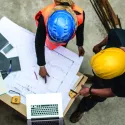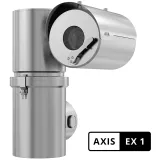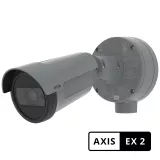-
North and Central America
Can't find your location? Visit our global site in English.
-
South America
Can't find your location? Visit our global site in English.
- Asia
-
Oceania
Can't find your location? Visit our global site in English.
-
Europe
- Austria - Deutsch
- Belgium - English Français
- Czech Republic - Česky
- Finland - Suomalainen
- France - Français
- Germany - Deutsch
- Italy - Italiano
- Netherlands - Nederlands
- Poland - Polski
- Portugal - Português
- Romania - Română
- Spain - Español
- Switzerland - Deutsch Français Italiano
- Sweden - Svenska
- Turkey - Türkçe
- United Kingdom - English
- Kazakhstan - Русский
- Africa and Middle East
Explosion-protected cameras
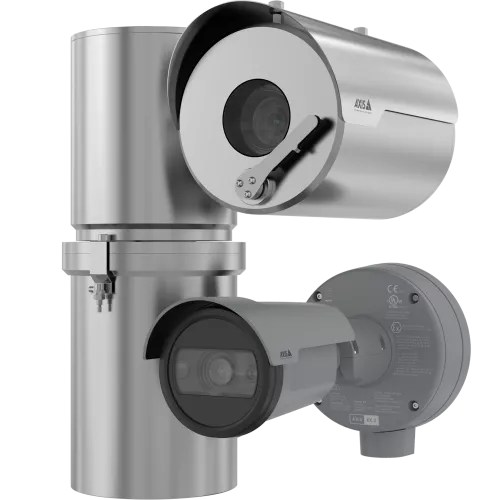
Certified for potentially combustible environments, Axis has a broad portfolio of explosion-protected cameras and accessories to suit any environment and application—ideal for keeping a watchful eye on your Zone 1/Division 1 and 2 hazardous areas.

Health and safety, and operational efficiency
You can use explosion-protected cameras to monitor operations and processes with remote visual verification of readings from gauges and sensors across your sites. And our thermal and temperature alarm cameras monitor for overheating of equipment. With an Axis surveillance system keeping a watchful eye on your site, you can improve the safety of employees and minimize unnecessary human exposure to hazardous areas, while also ensuring the correct use of personal protection equipment like hard hats. With Axis explosion-protected cameras, you’re able to choose technology that goes far beyond surveillance to provide added value to your business.
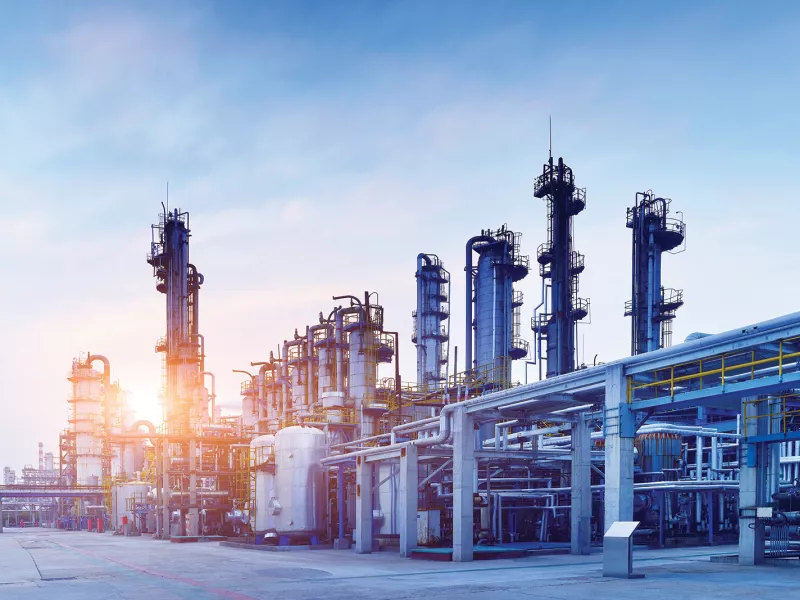
Image usability, intelligence, and remote access
Axis explosion-protected cameras offer a long list of Axis advantages. First and foremost, they provide excellent image quality regardless of lighting conditions or the size and physical characteristics of your monitored areas. And they do it while minimizing bandwidth and storage needs. Analytics transform our cameras into business tools that help you make smart decisions about operations. Plus, you can access footage from Axis cameras from remote locations—ideal in hazardous areas to help minimize risk and reduce unnecessary human exposure.

Certified to comply
Electrical installations in hazardous areas are subject to rigorous requirements and product compliance is verified through testing to industry standards. All standards are based on the same criteria and define the concentration levels and durations for flammable gas or dust. In North America, hazardous areas are classified according to the Class/Division system. The rest of the world uses the international IECEx Zone system, or national versions of these standards.
Axis explosion-protected cameras are designed and certified to be used around the world, from arctic to desert climate, with a full range of power and network connectivity. They’re certified Class I/II/III Div 1 and Zone 1,21 (according to NEC, CEC, ATEX, IECEx, and more) and Class I/II/III Div 2 and Zone 2,22 (according to NEC, CEC, ATEX, IECEx). Produced with stainless steel, our Zone 1/Division 1 cameras feature heavy-duty enclosures that prevent sparks from igniting vapors, gases, dust, or fibers and flyings in the environment. For our Zone 2/Division 2 camera, energy inside the camera is reduced to safe levels, thereby making it incapable of igniting a potentially combustible environment.
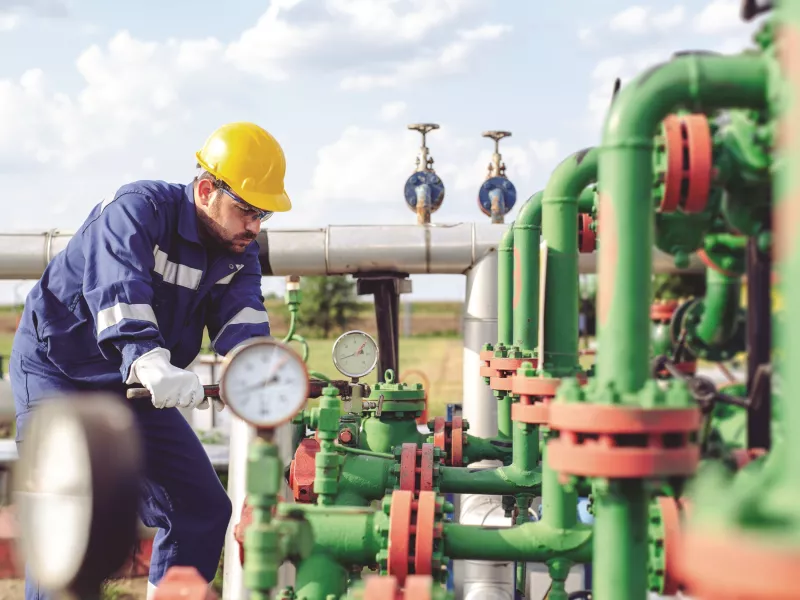
The right level of protection
Explosions can occur wherever flammable or explosive gases, vapors, or dust are present in the environment. Because of the increased risk, these hazardous areas have strict regulatory requirements that mainly apply to the protection method of electrical equipment. Cameras certified for use in hazardous areas must be labeled to show the type and level of protection applied, as well as details about the certification. Axis explosion-protected cameras are designed, rigorously tested, and certified for use specifically in Zone 1/Division 1 or Zone 2/Division 2.
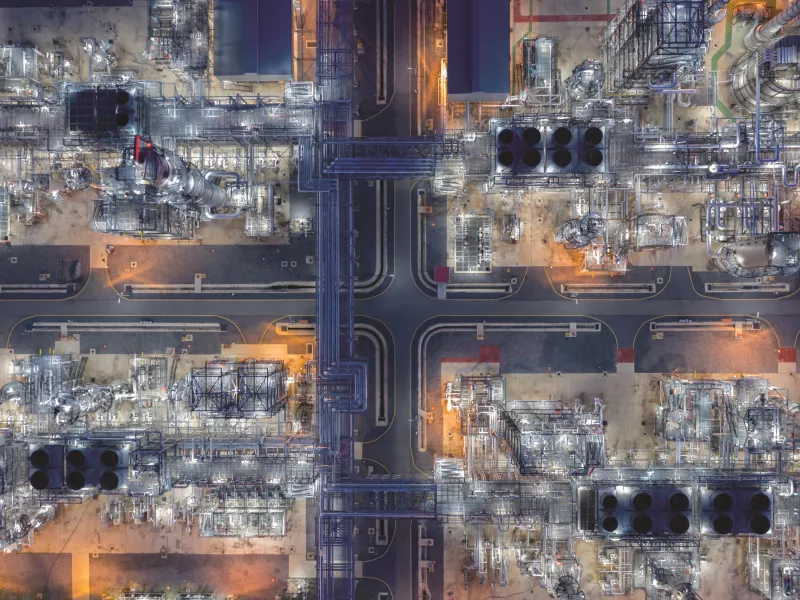
Tough enough
Axis offers a range of explosion-protected cameras designed and certified for use in either Zone 1/Division 1 or Zone 2/Division 2. Zone 1/Division 1 areas are usually associated with production where explosive atmospheres will occur continuously or intermittently. On the other hand, Zone 2/Division 2 areas are less hazardous, and explosions are not likely to occur during normal operations. These areas are typically used for storage, located some distance away from the production area, and are only hazardous whenever an accident or unusual operating conditions occur.
Whatever level of protection you need, Axis has a camera to suit your specific requirements.

Compare products to find your perfect match
Compare products to find your perfect match





















